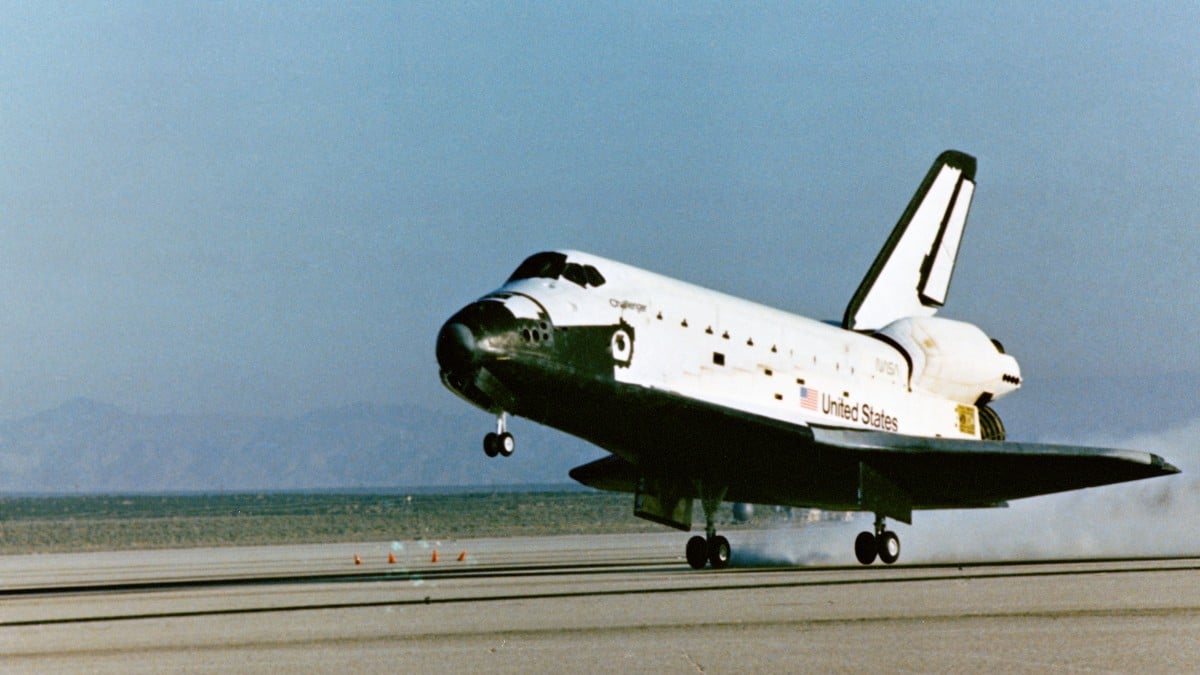It was a tragedy that took place this past week when the Titan submersible first went missing after it became impossible to communicate with the vessel’s occupants. And now, based on evidence discovered, it has been confirmed that the sub imploded and its passengers did not survive. But apart from there being no survivors, another sad part of the tragedy is it being a shameful example of humanity’s way of dealing with tragic events.
The five souls onboard the small vessel included British businessman Hamish Harding, Pakistani investor Shahzada Dawood and his son Suleman, French diver Paul-Henri Nargeolet, and OceanGate CEO Stockton Rush. NPR reports that the Coast Guard detected the implosion on Sunday but hopes were kept high that the submersible could be found. Even though the oxygen supply of the submarine was steadily depleting, it was expected that search efforts would allow their discovery in time.
In spite of the fact that five human beings were caught in a desperate situation with no resources to save themselves, social media was busy exploding with jokes. It served to highlight how circumstances, if personal, are taken seriously, but the minute it happens to someone else, the internet goes wild with tactless comments that would shock the most despicable comedian. Sadly, this kind of deplorable behavior is nothing new as something very similar happened in the aftermath of the Challenger explosion back in 1986, long before the internet became a household amenity.
On January 28, 1986, Americans huddled around televisions everywhere to watch the Challenger take its first civilian into space, a teacher, Christa McAuliffe, who had been chosen and trained for the mission. Everyone was excited, but that lasted for barely a minute as the shuttle, launched at Cape Canaveral, Florida, suddenly exploded, with pieces of it flying in all different directions over the Atlantic Ocean. F. Richard Scobee, Commander; Michael J. Smith, Pilot; Ronald McNair, Mission Specialist; Ellison Onizuka, Mission Specialist; Judith Resnik, Mission Specialist; Gregory Jarvis, Payload Specialist; and Christa McAuliffe (also the Payload Specialist) were counted among the casualties that day.
But the real shock was yet to come as disappointingly humor, of all things, became the chosen way of expressing emotion over the tragedy. Is it a normal human reaction? Or is it just a sick way for some people to get attention?
Is using dark humor healthy when facing a tragic situation? Or is it a despicable act from only the most depraved minds? A journal article published in JSTOR entitled “Challenger Jokes and the Humor of Disaster” pointed out how the extensive coverage of the Challenger explosion was the cause behind the responses as it led to “emotional overkill” as the public was relentlessly expected to respond to the news, leading many to rebel against the expectation with disheartening usage of humor.
“Media oversaturation of coverage of the Challenger even produced a sense of emotional overkill in many Americans. The same media that brought initial information about the tragedy continued with a relentless barrage of mourning, eulogy, and inquiry. In the face of such a deliberate and persistent intrusion by the media, and the emotional response it demanded from its viewing public, it was perhaps inevitable that some rebellion would surface. The form that rebellion took was humor. Ironically, it was in a form so outrageous that the media itself could not report its outbreak in any detail.”
Is that what is happening with the Titan sub mishap as well? Has it been covered so much that many are responding with crass humor to deal with the flood of repeated information, or is it simply how we cope with a loss that doesn’t concern us?

